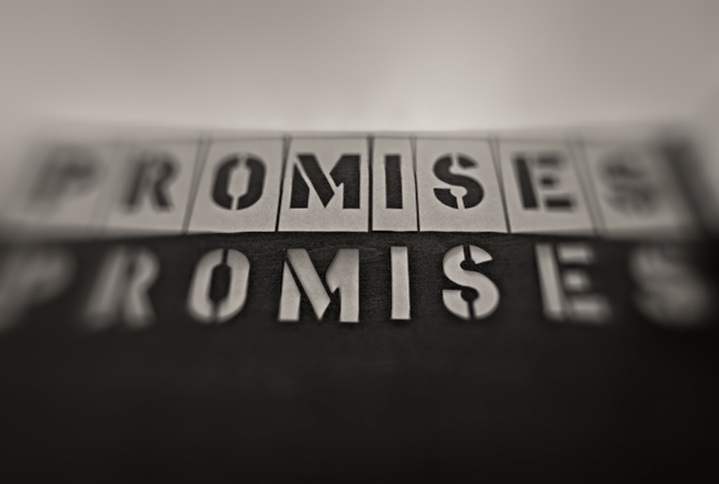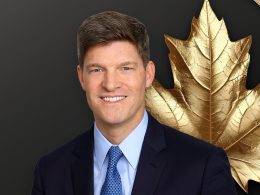Investors will believe almost anything if you promise to give them exactly what they’re looking for.
by Ben Carlson, A Wealth of Common Sense
Wouldn’t life be much less stressful if the markets were easy? What if you could have completely rotated out of financial stocks in 2007 before they got absolutely destroyed in the financial crisis? Or gone to cash just before Lehman Brothers almost brought down the entire financial system in 2008? Or sidestepped just about every single market correction so you could crush the market and earn huge returns?
If you invested in the hypothetical back-tested performance of F-Squared Investments, you could have done just that. Unfortunately, hypothetical is the key word here, since the numbers were too good to be true. Here’s Stephen Gandel from Fortune Magazine with more:
On Monday, the Securities and Exchange Commission charged F-Squared Investments and its founder Howard Present with defrauding investors into thinking the firm’s performance history was based on an actual trading record and that it had widely outperformed the S&P 500 from April 2001 to October 2008. In fact, the investment record was never based on an actual investment history; the track record was fabricated by Present and an analyst in the summer of 2008. F-Squared didn’t start advising clients until February 2009.
I wish this was the only story like this I read this past week. There’s another about a gentleman that defrauded his investors out of millions of dollars to spend lavishly on himself. Among other things, I kid you not, he used his investor’s money to cryogenically freeze his dead wife in hopes of bringing here back to life some day. He made some interesting promises to his investors:
According to Bharara’s office, Chay promised investors approximate annual return rates of 24% and claimed that “[t]here is no risk in this activity.”
“[W]e have never had a loosing [sic] month,” he told investors, according to the release.
Finally, Meredith Whitney, the analyst who became famous during the financial crisis for predicting that Citigroup would cut its dividend, has run into some trouble with the hedge fund she started based off of being right once in a row. It seems her fund is probably shutting down after the largest investors are pulling their money. She had such high hopes for target performance numbers:
Whitney had aimed for returns of 12 percent to 17 percent, according to the fund presentation. Instead, her American Revival Fund LP lost 4.7 percent through the first half of the year, an investor letter this July showed.
All of these stories reminded me of something Charlie Munger said in an interview earlier this year with Jason Zweig of the Wall Street Journal. Here’s Munger on the foolishness of investors that continue to believe everything there hear from confident portfolio managers that make promises they have no business making:
I know one guy, he’s extremely smart and a very capable investor. I asked him, ‘What returns do you tell your institutional clients you will earn for them?’ He said, ‘20%.’ I couldn’t believe it, because he knows that’s impossible. But he said, ‘Charlie, if I gave them a lower number, they wouldn’t give me any money to invest!’ The investment-management business is insane.
I cringe when I read stuff like this, but Munger isn’t lying. Investors will believe almost anything if you promise to give them exactly what they’re looking for.
It would be great if everyone was able to earn ridiculous returns without having to take any risks. It would be much, much easier than the alternative. But the alternative — balancing risk and reward, discipline, patience, and occasional losses — is the only way there is. Sorry, but it’s true.
There are no shortcuts to the process. It’s never going to be easy. No one is ever going to be able to guarantee you an extremely high return number year in and year out. The markets just don’t work that way. But some people really want to believe that it’s possible. They want the Holy Grail of investing with all of the upside but none of the downside.
It’s in our nature to look for the easy way out, even when it doesn’t exist. In a blog post this week about yet another investment scheme that promised unbelievably high return numbers that turned out to be a scam, Simon Lack shared a story about getting a book signed by Harry Markopolos. Markopolos was one of the few people that smelled something fishy about Madoff’s operation and wrote a book about his quest to bring down the infamous Ponzi scheme.
Markopolos left a note on Lack’s copy of his book saying, “Assume fraud until genius is proven.” This is something of a harsher version of “trust, but verify,” but it’s pretty good advice when people promise miracles.
Sources:
F-Squared admits to fraud charges, will pay SEC $35 million (Fortune)
Authorities: Man used investor funds to cryogenically freeze wife (Gant Daily)
Meredith Whitney’s hedge fund said to be in turmoil (Bloomberg)
A fireside chat with Charlie Munger (WSJ)
Subscribe to receive email updates and my monthly newsletter by clicking here.
Follow me on Twitter: @awealthofcs
Copyright © Ben Carlson, A Wealth of Common Sense











